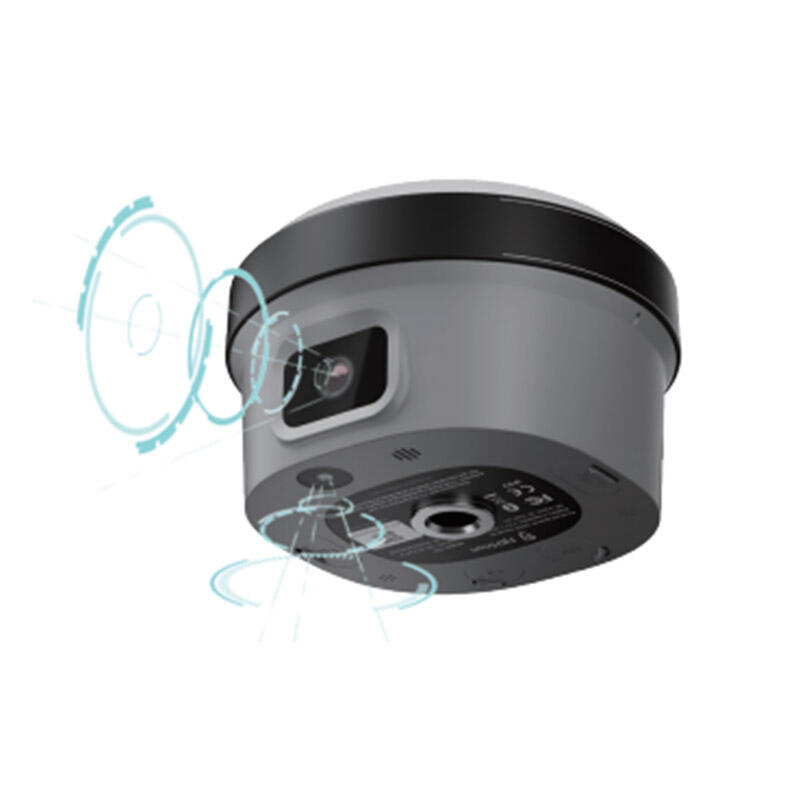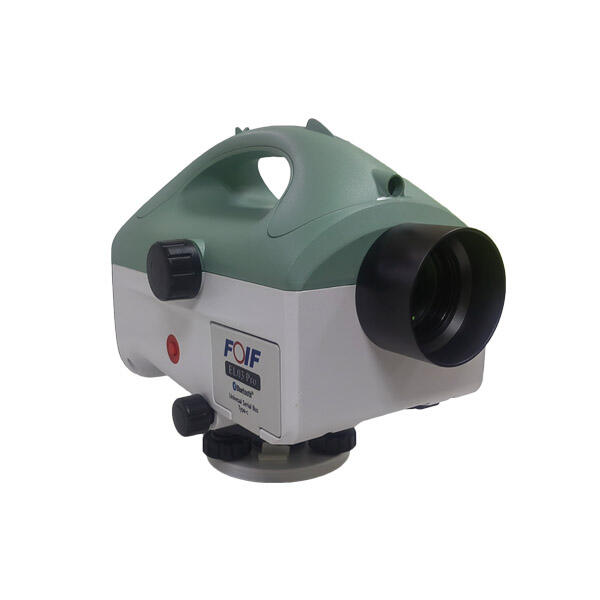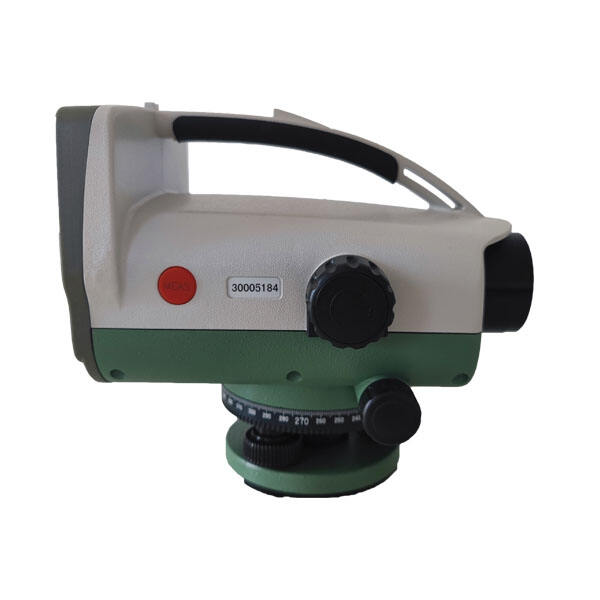gps rtk base station
A GPS RTK base station is a sophisticated positioning system that provides high-precision location data for various applications. This advanced technology combines Global Positioning System (GPS) capabilities with Real-Time Kinematic (RTK) corrections to achieve centimeter-level accuracy. The base station serves as a fixed reference point, continuously collecting satellite data and transmitting correction signals to mobile RTK rovers. These corrections account for atmospheric interference, satellite orbit errors, and other factors that can affect GPS accuracy. The system operates by comparing the known fixed position of the base station with the real-time satellite measurements, calculating the difference, and sending these corrections to rovers in the field. Modern GPS RTK base stations feature robust hardware components, including high-quality GNSS receivers, advanced antennas, and reliable communication systems. They support multiple satellite constellations including GPS, GLONASS, Galileo, and BeiDou, maximizing satellite availability and improving accuracy. The stations can transmit correction data through various channels, including radio modems, cellular networks, or internet protocols, ensuring flexible deployment options for different operating environments. This technology has become essential in precision agriculture, construction, surveying, and other industries where accurate positioning is crucial for success.


